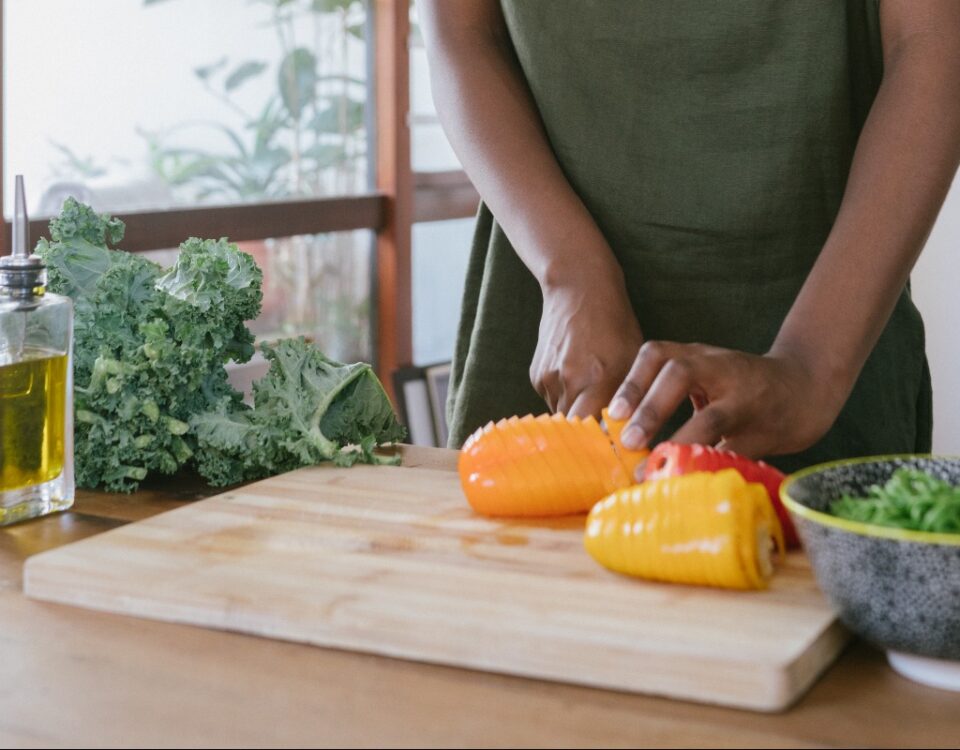
EMDR Therapy & Virtual Reality – How New Technologies Can Help Substance Use Disorders
February 26, 2020
The Four Pillars of Recovery
March 3, 2020Relationships can be wonderful, but they also come with significant challenges. When you are dating someone in addiction recovery, these issues can be two-fold.
If you find out that someone you want to have a relationship with is sober and in recovery, there are many questions you may need to have answered first:
“Can I drink in front of him?”
“What happens if she relapses?”
“How can I support my partner in his or her recovery?”
These are just a few examples of the issues you are likely to wonder about as you enter a new relationship with someone in recovery. This article provides seven crucial tips that will help you get off to the best possible start as you begin dating that special person.
-
Look Before You Leap
People in recovery often have a number of challenging issues to deal with, both in their past and present. Debt from legal fees, dysfunctional family dynamics, health issues, and chances of relapse are some of the problems they may have to deal with and rectify. Understanding these challenges and the realities of living with someone in addiction recovery is important to consider before things get too serious. Additionally, to be a supportive partner, you need to have a solid understanding of alcohol and substance use disorders and recovery. Researching sites such as SAMHSA.gov or the American Society of Addiction Medicine to learn more about addiction can be a great place to start. Attending a support group for friends and family of those in recovery may also be helpful. These groups give you information about addiction and recovery while providing tools and support if you face difficulties in your new relationship.
-
Are They Serious About Recovery?
Is your new partner in an active program of recovery? This question is essential when deciding whether or not to continue a serious relationship. You need to know if he or she is attending support groups, in therapy, avoiding triggers, and doing whatever else they need to do to maintain their sobriety. Knowing the answers to these questions will give you added confidence – or concern – about how serious your partner is about their recovery.
-
Slow and Steady
If someone you are dating is still in the early stage of recovery, it may be wise to take the relationship very slow. If that person is serious about their recovery, they will want to take things slow as well. After being in a rehab facility, he or she will need time to figure out their life and how to live soberly in the real world. Good things come to those who wait, and giving your new relationship the time it needs to adjust during this period will result in a healthier long-term partnership.
-
Be Wary of Codependency Issues
Codependency can creep into even the best of relationships. It’s important to be a source of encouragement and support, but your partner should not look to you to make decisions about his or her sobriety. You are not a counselor or therapist, and your role is not to save your partner from his or her addiction. Conversely, if you find yourself constantly preoccupied with how you can change the addictive behavior of a loved one – or feeling the need to “fix” them – that is a sign of codependency.
-
Be Mindful of Addiction Language
Certain terminology used to describe addiction has contributed to the stigma. If you are in a new relationship with someone in recovery, it’s a good idea to research terms and phrases that may be considered derogatory in the addiction recovery community. For example, you may hear the terms “addict” or “junkie” used to describe someone with a substance use disorder on TV, movies, and in the media. Most people in recovery feel these terms are demeaning because they label a person by his/her disorder. By making no distinction between the person and the disease, they take away the dignity of the individual. Instead, use first-person language by saying “he or she suffers from an addiction.” When trying to find medically accurate terms, it’s best to look on professional medical websites such as the American Psychiatric Association. You can also search organizations such as RecoveryAnswers.org, which offers a section called “The Addictionary” to help destigmatize language and medical terms used in the addiction recovery community.
-
Recovery Will Always Come First
Your partner’s recovery will always need to come first in your relationship. There is no way around this fact. Meetings, therapy appointments, and sponsors will be part of your world and you have to be okay with all of it. People in recovery, especially in the early stages, have to go to meetings every day, sometimes multiple times a day. And if they have a sponsor, he or she will spend a great deal of time talking with them – sometimes at all hours of the night – so do not take this personally.
-
Know Your Partner’s Triggers
People in addiction recovery have certain places, situations, and even people that can trigger the urge to use or cravings for drugs or alcohol, so plan dates carefully. For example, local bars or even fancy restaurants that have a bar can prove to be a major trigger for those in recovery. Instead of going to these places, offer to go to the beach, see a movie, or cook a nice meal at home. The best thing to do is to ask your partner what might trigger them. Once you have this information, you can work together to minimize any issues that can lead to cravings.
Developing healthy relationships, including romantic partnerships, is a crucial part of the recovery process. If your partner relapses during the relationship, there is help and you are not alone. The Kimberly Center is a treatment center that uses evidence-based methods of recovery to focus on your loved one’s individuality and inner strength to help them get sober from drugs and alcohol. Call us today at 855-4-KCENTER (855-452-3683) to learn how we can help your loved one find the care and support they need to live a healthier and happier life in recovery.




